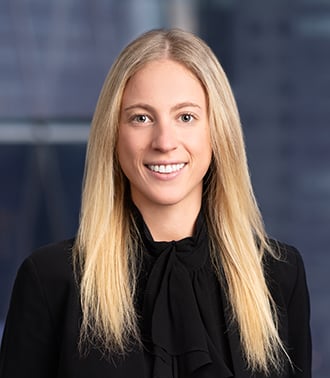First Circuit Would Have Ruled on AKS Causation “But-For” Settlement
In October 2024, the U.S. Department of Justice (DOJ) entered into a $425 million settlement with Teva Pharmaceuticals USA, Inc. and Teva Neuroscience, Inc. (collectively, Teva) to resolve the government’s allegations that Teva violated the Anti-Kickback Statute (AKS), and in turn the False Claims Act (FCA), by paying over $300 million to two third-party charitable foundations to cover the Medicare co-pay obligations of patients using Teva’s multiple sclerosis drug Copaxone. United States v. Teva Pharms. USA, Inc. et al., No. 1:20-cv-11548-NMG (D. Mass.). DOJ stated in its press release that this is “the largest co-pay assistance settlement to date.”
As discussed in a prior post, we had been waiting for the First Circuit to rule in the Teva case as to whether AKS-based FCA claims require “but-for” causation or a “sufficient causal connection” between the alleged kickback and the claim for Medicare reimbursement — a legal issue that has split the circuit courts. As a reminder, the Massachusetts district court in Teva held that the “resulting from” language of the AKS only requires a “sufficient causal connection”; read our post for an in-depth discussion of that ruling. The Teva court thereafter certified its interlocutory order for appeal, which the First Circuit granted. But in light of the recent settlement, we will not be getting a ruling in the Teva case on the causation issue after all.
The First Circuit, however, has another opportunity to weigh in on this circuit split, having recently heard oral arguments in another co-pay assistance case raising this same question of law. The Massachusetts district court in that case, contrary to the Teva court, ruled that “but-for” causation is the applicable standard. United States v. Regeneron Pharms., Inc., No. 1:20-cv-11217-FDS (D. Mass.).
Stay tuned to see whether the First Circuit will agree with the Sixth and Eighth Circuits (which have applied “but-for” causation) or the Third Circuit (which has held that a “sufficient causal connection” satisfies the causation standard).
© Arnold & Porter Kaye Scholer LLP 2024 All Rights Reserved. This Blog post is intended to be a general summary of the law and does not constitute legal advice. You should consult with counsel to determine applicable legal requirements in a specific fact situation.

